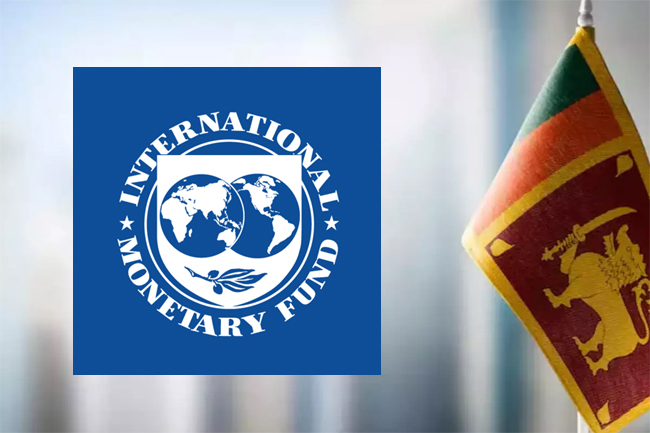By: Staff Writer
February 03, Colombo (LNW): The International Monetary Fund (IMF) has proposed 16 key reforms to strengthen Sri Lanka’s governance framework and curb corruption, according to IMF sources. Sri Lanka is the first Asian nation to undergo an IMF governance diagnostic, a crucial structural reform aimed at mitigating corruption risks and fostering economic growth.
The IMF’s Governance Diagnostic Assessment (GDA) for Sri Lanka, published in September 2023, highlights persistent social tensions stemming from declining real incomes. The report also underscores public concerns over the lack of accountability for past corruption, with officials continuing to enjoy impunity for misconduct.
To address these issues, the IMF has recommended the establishment of an independent Advisory Committee to assist in appointing members to the Commission to Investigate Allegations of Bribery or Corruption (CIABOC), with a deadline set for November 2023.
Additionally, asset declarations of high-ranking officials, including the President, Prime Minister, and ministers, must be made publicly available online in compliance with the Anticorruption Law by July 2024.
Further legislative measures include enacting a Proceeds of Crime Law in alignment with United Nations Convention Against Corruption (UNCAC) and Financial Action Task Force (FATF) standards by April 2024. A Public Procurement Law reflecting international best practices must also be introduced by December 2024.
The GDA suggests amending the National Audit Act to grant the Auditor General the power to levy surcharges on officials, including Chief Accounting Officers, for failing to ensure proper oversight of public funds. Additionally, the government must finalize regulations supporting beneficial ownership disclosures and establish a public registry for such information by April 2024.
To improve transparency in public procurement, a report on increasing competitive tendering in the ten agencies with the lowest levels of competitive bids in 2022 must be published online by December 2024. In the state-owned enterprise (SOE) sector, reforms should ensure that the proposed holding company and advisory committee consist of independent and ethical professionals.
The IMF also calls for the suspension or abolition of the Strategic Development Projects Act until a clear and transparent framework for evaluating investment proposals is established. Tax laws must be revised to prevent ministers from introducing tax changes without parliamentary approval, ensuring that such modifications do not lead to revenue losses.
By December 2023, short-term anti-corruption measures must be implemented within revenue departments to strengthen internal oversight and improve collaboration with CIABOC. A public report on these measures and their outcomes is due by December 2024.
Additionally, a Cabinet policy paper must be prepared by June 2024 to explore alternative management arrangements for the Employee Provident Fund, terminating its direct administration by the Central Bank of Sri Lanka (CBSL) following a consultative process. Banking sector reforms are also recommended to enhance corporate governance by refining the process for selecting executives and board members in government-owned banks.
By December 2024, the government must establish an online digital land registry and publish a report on the progress of registering and titling state lands. Lastly, to strengthen the judiciary, the IMF advises expanding the resources and expertise available to the Judicial Services Commission and considering governance reforms to enhance oversight and sectoral development.
These measures, if implemented effectively, are expected to bolster Sri Lanka’s governance structures, ensuring greater transparency, accountability, and economic resilience.

